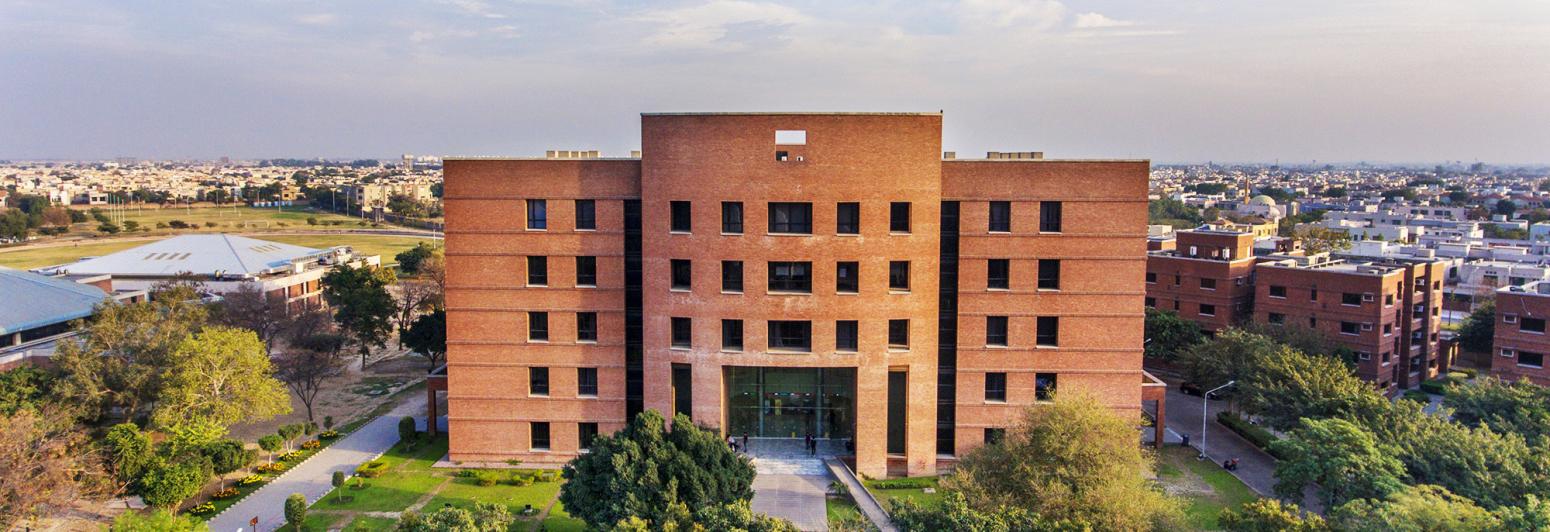
March 8, 2024
Abstract:
Electric vehicle (EV) battery technology, at the critical core of an EV system, plays a defining role in the global efforts to reduce Greenhouse Gas (GHG) emissions through transportation electrification. The battery technology, however, is going through an evolutionary phase that invokes fundamental tenets of technological emergence amid a wider context of sociotechnical system (STS) transition. Understanding the intellectual structure of the body of knowledge covering this evolution is important in advancing the research through convergent understanding across a multitude of stakeholders (researchers, manufacturers, policymakers, users, and other actors) to arrive at technological stability. This systematic literature review (SLR) uses latent dirichlet allocation (LDA) based machine learning (ML) approach and bibliometric analysis to elucidate the underlying knowledge structure in EV battery research, through the lens of socio-cognitive theory. Specifically, this study aims to highlight the salient dimensions of beliefs, artefacts, and evaluation routines—the key triad in the socio-cognitive model—that have dominated the research on EV batteries up to this point. A holistic understanding of these dimensions informs conversations on different technological trajectories competing in an ongoing STS transition, especially in the spatial context of developing countries that are late adopters of electric mobility. Based on the content analysis, the study proposes the role of “collective” legitimacy for institutional stability, in an adaptation of the classical socio-cognitive model and puts forward a future research agenda by drawing on thematic synergies between battery technology research and contemporary value chain management discourse.
Speaker’s Profile:
Ahmad Ammar is a PhD student (Operations Management) at the Suleman Dawood School of Business (LUMS), Lahore. His main areas of research interest include sustainability transitions, technology emergence, and their effects on manufacturing value chains. His current work focuses on the electrification of the transportation sector and associated complementarities in developing economies context, as part of the initiatives at SDSB under HEC’s CPEC-Collaborative Research Grant for sustainable mobility agenda in Pakistan. Ahmad has professional experience in the manufacturing sector and academia and comes with an academic background in mechanical engineering and computer science from NUS (Singapore), LUMS, and UET (Lahore).
For queries about this event, please email shoaib.masud@lums.edu.pk


